Description
Understanding Orange Emulsion Flavoring
Orange emulsion flavoring is a concentrated mixture that captures the essence of fresh oranges, providing a distinct taste and aroma to various food and beverage applications. The composition of this emulsion involves essential oils derived from the zest and peel of oranges, which are known for their vibrant flavor profile. These essential oils are complemented by emulsifiers that facilitate the blending of oil and water, ultimately contributing to the stability and consistency of the flavoring.
The creation of orange emulsion flavoring begins with the extraction of essential oils from high-quality oranges. This process typically involves cold-pressing the orange peels, which helps retain the natural compounds responsible for the characteristic orange scent and taste. Following the extraction, emulsifiers, such as polysorbates, are added to ensure that the oils integrate seamlessly with aqueous solutions. The careful selection of emulsifiers is crucial, as it impacts the texture and mouthfeel of the final product, ensuring that it performs well in various culinary contexts.
Quality control plays a significant role in the production of orange emulsion flavoring. To achieve a stable emulsion, manufacturers must monitor various parameters such as pH, viscosity, and the ratio of ingredients. By maintaining these parameters within specified ranges, producers can ensure that the resulting flavoring is both reliable and effective in enhancing food and beverages. Moreover, sensory characteristics significantly influence consumer acceptance; thus, attention is given to the aroma, taste, and texture imparted by the emulsion. This flavoring creates a bright, citrusy profile, adding depth to recipes and making it a popular choice among chefs and food manufacturers alike.
Applications and Benefits of Orange Emulsion Flavoring
Orange emulsion flavoring is not only appreciated for its vibrant taste but also for its diverse applications across various industries. In the food sector, this flavoring is widely used in products such as baked goods, candies, and sauces. For instance, orange emulsion is often found in cakes, cookies, and icings, where it provides a refreshing citrus note that enhances the overall flavor profile. Additionally, it can be utilized in savory dishes, including marinades and dressings, giving them an unexpected zesty twist.
Beyond culinary uses, orange emulsion flavoring boasts a significant presence in the beverage industry. It is a common ingredient in soft drinks, alcoholic beverages, and flavored waters. Its ability to create a refreshing taste makes it a popular choice for products aimed at providing a unique sensory experience. Similarly, the cosmetic industry leverages the invigorating scent and perceived benefits of orange emulsion in products like lotions, creams, and perfumes, appealing to consumers who prefer natural fragrances.
Moreover, consuming orange-flavored products can offer numerous health benefits. The natural presence of Vitamin C in orange emulsion contributes to immune system support, making it a great addition to dietary choices. Furthermore, there’s evidence suggesting that citrus flavors may enhance mood, providing a refreshing escape from daily stressors.
For individuals interested in incorporating orange emulsion flavoring into homemade recipes, the options are plentiful. One could add a few drops of this flavoring to smoothies, marinades, or homemade salad dressings to introduce a burst of citrus. Baking enthusiasts might also experiment with it in muffins or pancakes to elevate their morning routines. Overall, the versatility of orange emulsion flavoring allows it to be easily integrated into various culinary endeavors, making it an appealing choice for those looking to explore new flavors.

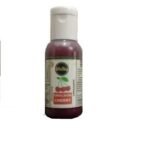
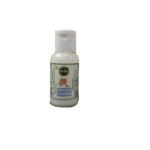
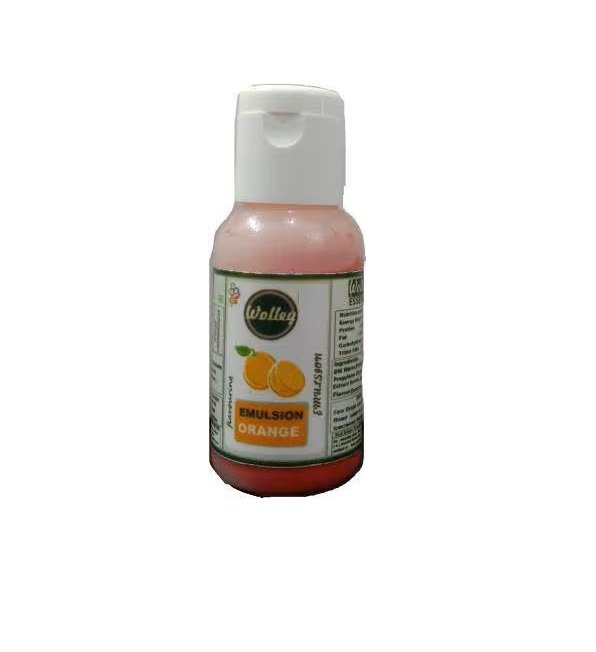
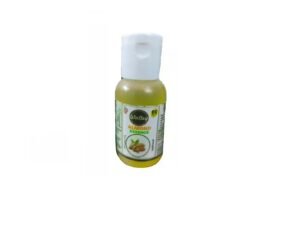
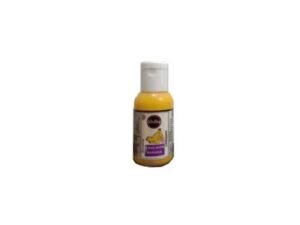
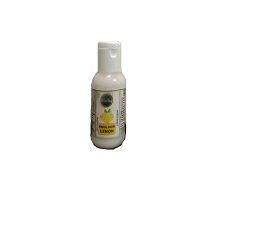
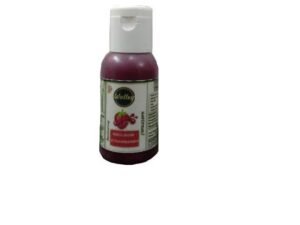





Reviews
There are no reviews yet.